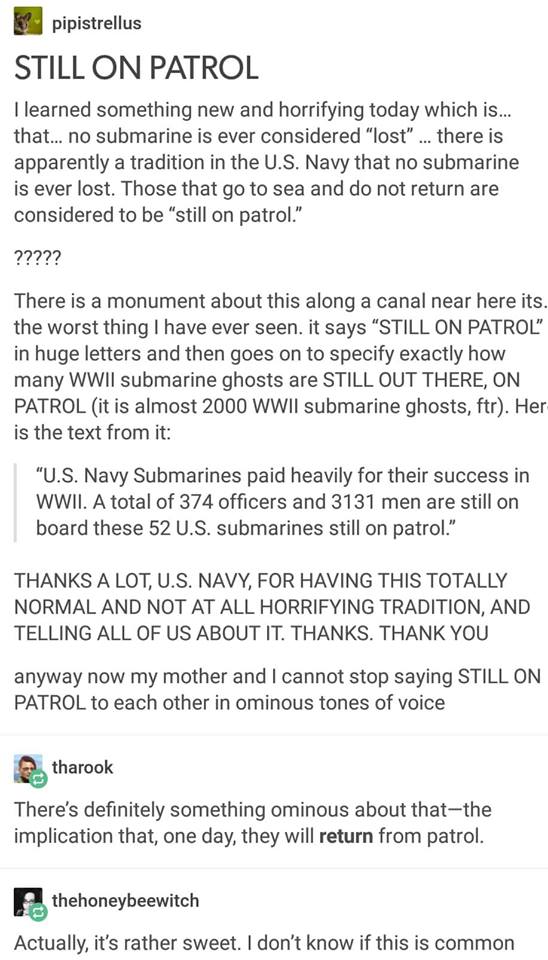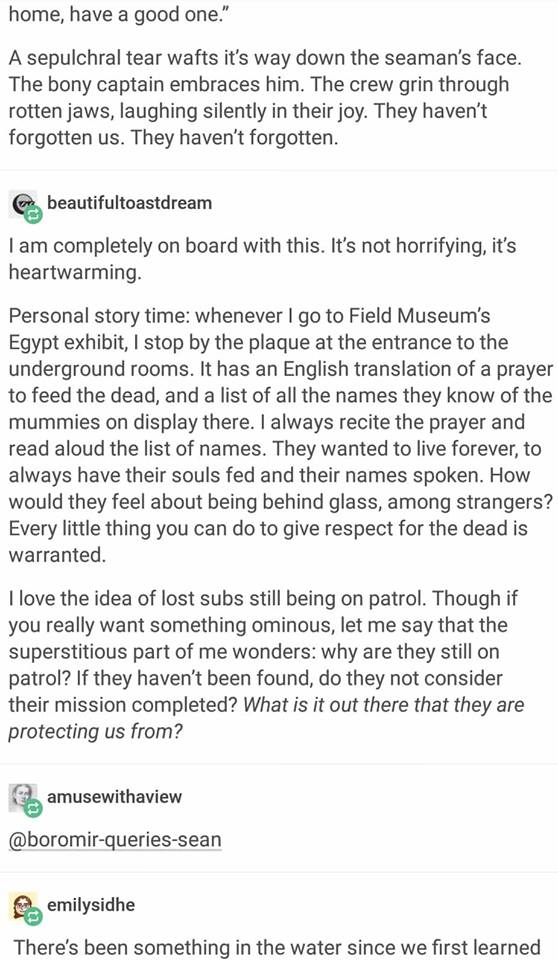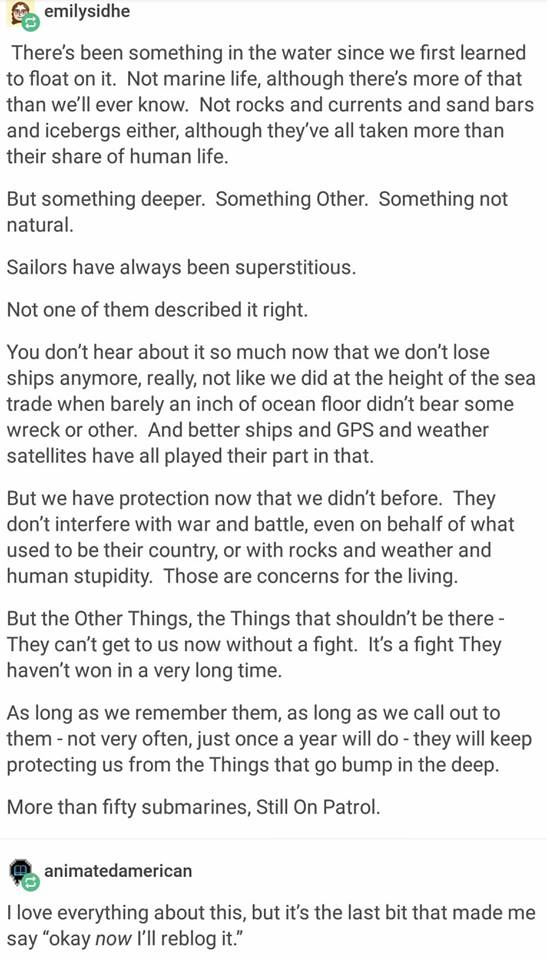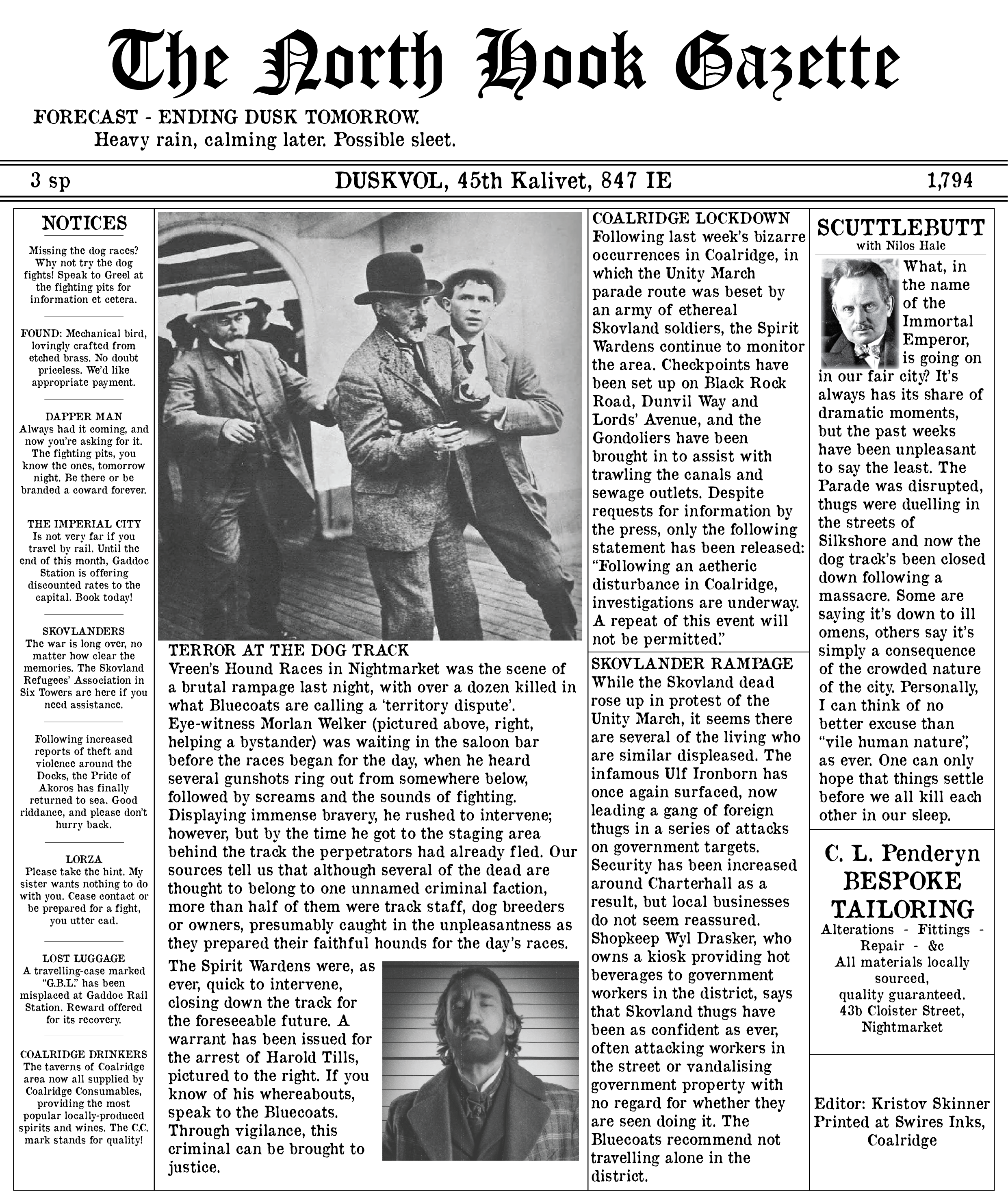Would Blades in the Dark make for a good high fantasy game?
I’ve seen a few posts on here asking about a fantasy hack for BitD, but I thought I’d ask more theoretically what people thought about the idea, design-wise. Gonna go ahead and guess this is gonna be a novella-length post, because I’m incapable of being concise, so, here we go, and thanks to anyone who reads this… >_>
Forged in the Dark has been my latest system crush– in a word, I think it’s neat! ^^
Similarly, I bounce all over the place in terms of what genres are my current major jam, and recently I’ve been feeling classic high fantasy, Forgotten Realms, LotR, etc. vibes. So, naturally, my instinct is to think, man, it’d be totally rad if there were a high fantasy hack for Blades in the Dark!
While that may very well be true, the more I thought about it, the more I thought I should step back and really consider if the system would serve the setting well. While I think it’s a great system, and it’s obviously a massively popular genre, the two don’t always match up. Games trying to provide an experience that their mechanics don’t actually reinforce usually lead to frustration and disappointment (lookin’ at you, D&D… -.- ).
The baseline method for determining if a system is functioning in this way that I fall back on now, after hearing it from Dungeon World’s Adam Koebel (who I believe took them from another designer, but I forget who), is asking these 3 questions:
1. What is your game about?
2. How does the game do this?
3. How does your game reward/encourage this?
Trying to answer these questions for our theoretical high fantasy blades hack, without yet altering any rules (or let’s say, changing the answer to 1, but answering 2 and 3 as you would for vanilla BitD):
1. Playing daring fantasy heroes who work together in epic struggles to overcome great odds and defeat larger than life foes (or however you’d describe your typical high fantasy adventure)
2. The players work as a crew, taking jobs from powerful factions to improve their wealth and standing. (This could describe a sort of high fantasy experience, but isn’t quite right, I think.)
3. The game rewards players for playing true to the nature of their individual characters and crews, and making desperate rolls.
So you can answer these questions in ways that sort of vaguely check out, and it doesn’t seem like an immediate deal breaker. Still, there’s a number of mechanics that, on further inspection, don’t necessarily fit the genre. Some that come to mind are:
1. Stress and Trauma. Appropriate for low or dark fantasy (as seen in Blades Against Darkness), but not necessarily a staple of high fantasy. However, pushing yourself up against the limit of your resources is a common experience in many fantasy RPGs. I think lots of people will have had some sort of dungeon crawl where they’re about to head in and face the final boss on like half health with no potions and a single spell slot. Could stress and trauma be framed differently for this genre? Is stress now mana/stamina– still a limited resource to be spent on special actions? Does trauma exist at all? Is there some other consequence for maxing this resource out (or draining it, if inverted)?
2. Similarly, characters retiring/the idea that The Crew itself is the only lasting character. Typically, fantasy characters are in the story for the long haul. You don’t start reading about Aragorn, but then he bites it or gives up halfway through and gets replaced by some new dude, who finishes the job of saving the world for him.
3. Crews. Again, not necessarily a common part of the fantasy genre. You have the typical “Adventuring Party,” but you’re rarely an “organization,” and more like a buncha friends who get together and kill stuff. Or, more dramatically, a collection of heroes thrown together by fate and circumstance to overcome some great danger.
The distinction here that seems like it’s off is that you’re often individuals who work together more than you are members of a larger organization. I can see some ways around this, though. The first example that comes to mind is Pillars of Eternity, where you own and upgrade a castle. The idea being, give the players some central thing that ties them together and that upgrades go into. I think the major thing here is not “can you frame the characters as being members of some sort of organization” so much as, what would varied and interesting types of “crews” be in this setting? Is “going places and killing things for loot and the good of society” a baseline for play, or only one type of crew’s style?
4. Scores. The obvious analogue here is quests, but only up to a point. You might all work together to get paid, but there’s usually a point in most high fantasy campaigns/stories where things move up to the sort of epic level of scale where your lives become about something more than doing quests for money. At that point, the cycle of play around Score – Downtime – Free Play – Score, might not always hold up. Sure, you can stay in a town and spend each session taking on manageable tasks, but how does this system represent that epic, continent-spanning quest you’ve undertaken? How does it represent Frodo taking The One Ring to Mt. Doom? Massive tasks that you aren’t going to regularly be taking breaks from or checking back in with an employer on?
Some things I like that already work quite well:
1. The major one: Factions. Not necessarily part of high fantasy, but I actually think this checks out pretty well, and is one of my favorite things in Blades anyway. Which kingdom does your party become allied with, if any? Do you support this guild or that, etc. I think factions are a great way to spice up just about any genre. They represent the important ideologies, motivations, and drives of a world, and give the players a tangible way to consider, and then align themselves with the ones they value.
2. The reward structure. You get xp for roleplaying, not per enemy killed or whatever. It’s great for characterization, it works in just about any genre, it’s great.
3. The bare bones of the system: I think positioning and effect are really cool ways of framing the action narratively. I like skill ratings instead of attributes, dice pools, partial successes, all that really baseline mechanical stuff. I think the big thing to look out for here is that high fantasy (at least in the D&D tradition) is so tied into really granular, incremental power curves. Can a system that’s as fluid and interpretative as BitD handle the curve from being low level and equally matched with goblins, and then going up to high levels where you’re taking down ancient dragons and demigods and junk? Blades characters seem to generally improve “wide,” not “tall,” and there’s obviously very little explicit growth in anything like the damage they do, the health and armor they have, etc. I don’t think this is a dealbreaker, but it’s worth careful consideration.
Maybe the answer is to not try to recreate that curve at all. Embrace how epic and heroic the characters are from the beginning. These are the types of people who kill dragons, now, already. If they were the schlubs whose jobs it was to go clear goblins out of caves, they wouldn’t be the heroes of our story. Start the characters larger than life, and frame challenges appropriately.
Soooo in conclusion, this is still something I’d really be interested in seeing, and I don’t think BitD and high fantasy are outright incompatible. But, I do think some major adjustments would have to be made, maybe on both ends– changing the system to better reflect the high fantasy adventure experience, but maybe also being open to thinking of how the experience and arch of a fantasy campaign plays out differently when done in this system– seeing what cool, unique spin the Blades system ends up putting on fantasy, rather than trying to completely recreate what you already think a fantasy setting looks like, 1-to-1, in the Blades system. I think that could be really interesting ^_^





